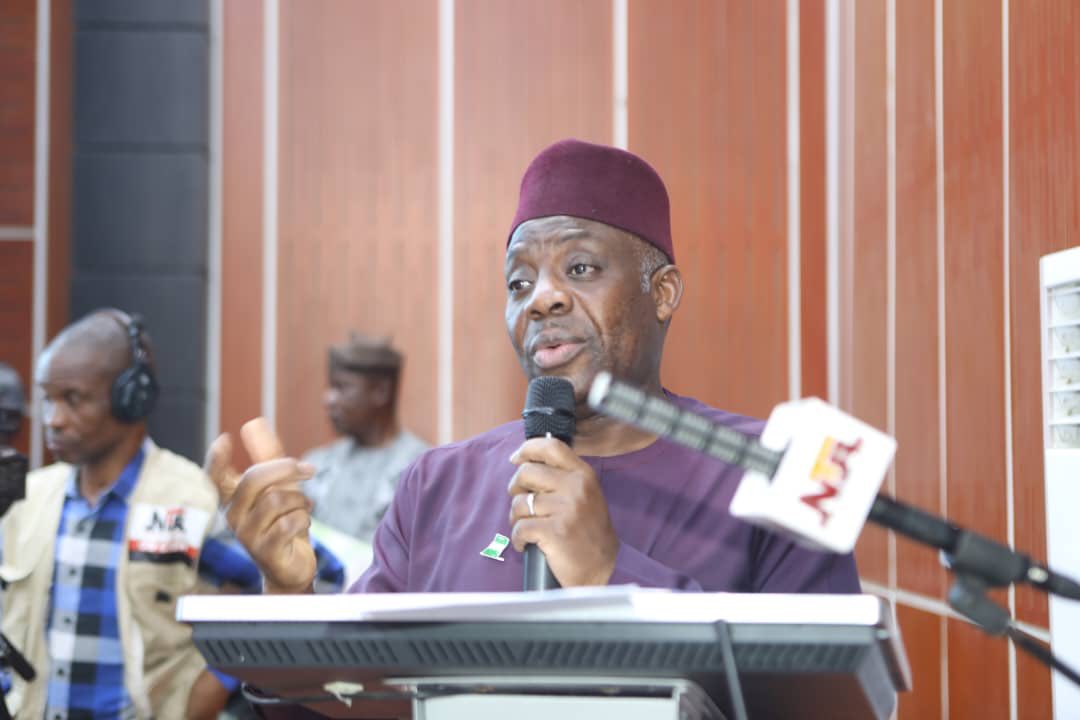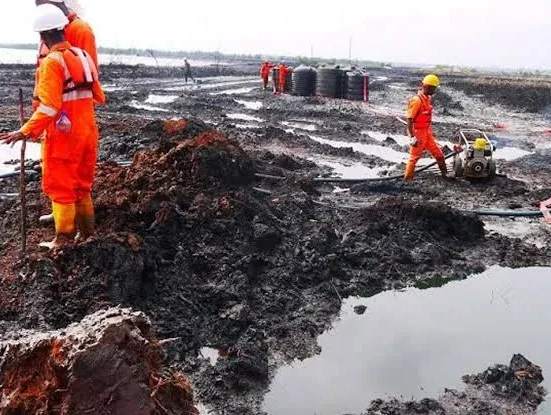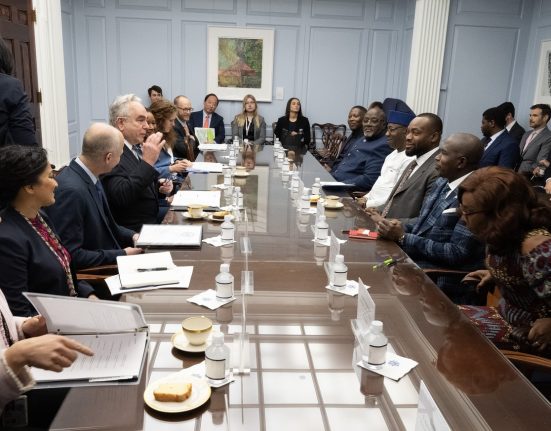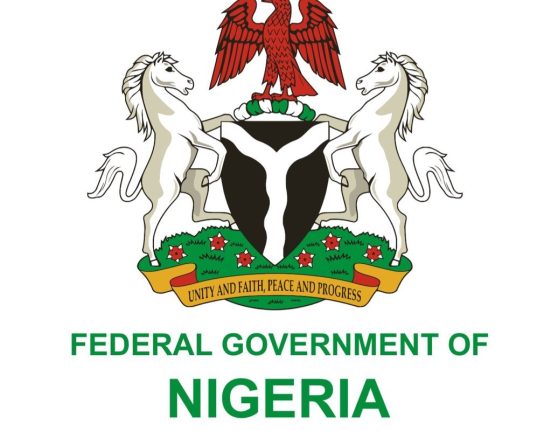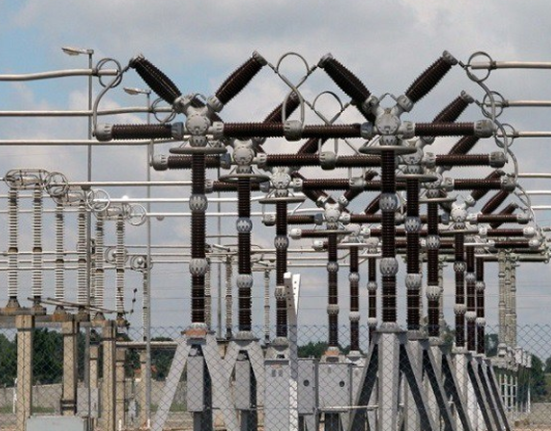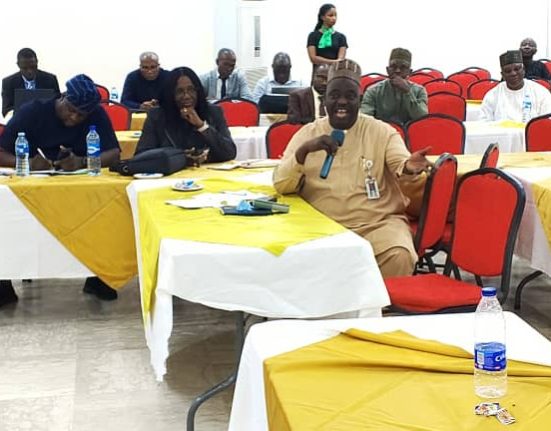Abuja, June 17, 2025 – The Federal Government of Nigeria has initiated a strategic dialogue with Loughborough University, United Kingdom, aimed at fostering structural transformation and rebuilding existing systems within Nigeria’s education sector.
During a courtesy visit by a delegation from Loughborough University, the Honourable Minister of State for Education, Professor Swaibu Sa’id Ahmad, affirmed Nigeria’s readiness to collaborate with the UK institution. The visit took place at her office in Abuja.
Professor Ahmad underscored the Ministry’s commitment to forging international partnerships to strengthen Nigeria’s educational infrastructure. She noted that no nation can succeed in isolation, especially in today’s knowledge-driven world.
The Minister identified six critical priority areas for collaboration: Science, Technology, Engineering and Mathematics (STEM); Technical and Vocational Education and Training (TVET); quality education; girl-child education; reintegration of out-of-school children; and the mainstreaming of Almajiri education into the formal system.
She emphasized the importance of leveraging existing structures while investing in research that directly impacts national development. “It is not just about conducting research, but how the research impacts the country. We have put in place a structure to ensure the research benefits the nation,” she stated.
Acknowledging past bilateral scholarship programmes, the Minister welcomed the idea of fully funded opportunities and expressed optimism about renewed engagements. She further disclosed that two committees on Transnational Education (TNE) have been set up to explore six competitive models for international university partnerships, with outcomes from the dialogue expected to shape future decisions.
In his remarks, Professor Sam Grogan, Pro Vice-Chancellor for Education and Student Experience at Loughborough University, reiterated the institution’s dedication to long-term, impactful partnerships. He highlighted the global urgency of addressing issues like climate change, environmental crises, and educational inequity through systemic collaboration.
This initiative marks a significant step in the Federal Government’s broader efforts to modernize education and enhance research productivity across institutions in Nigeria.

